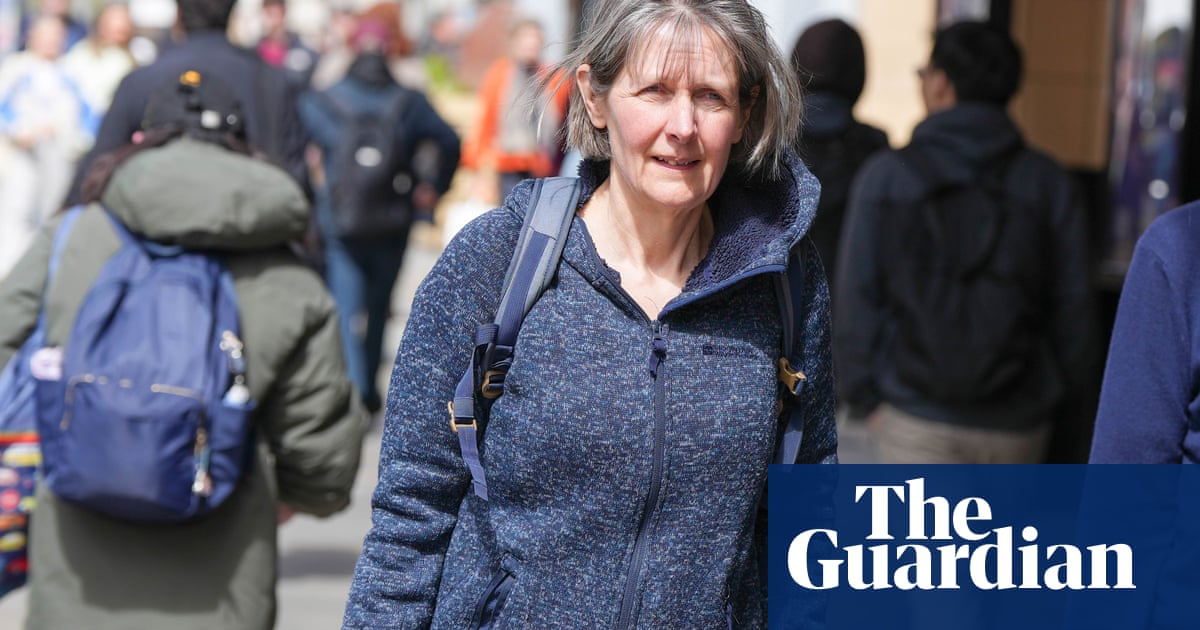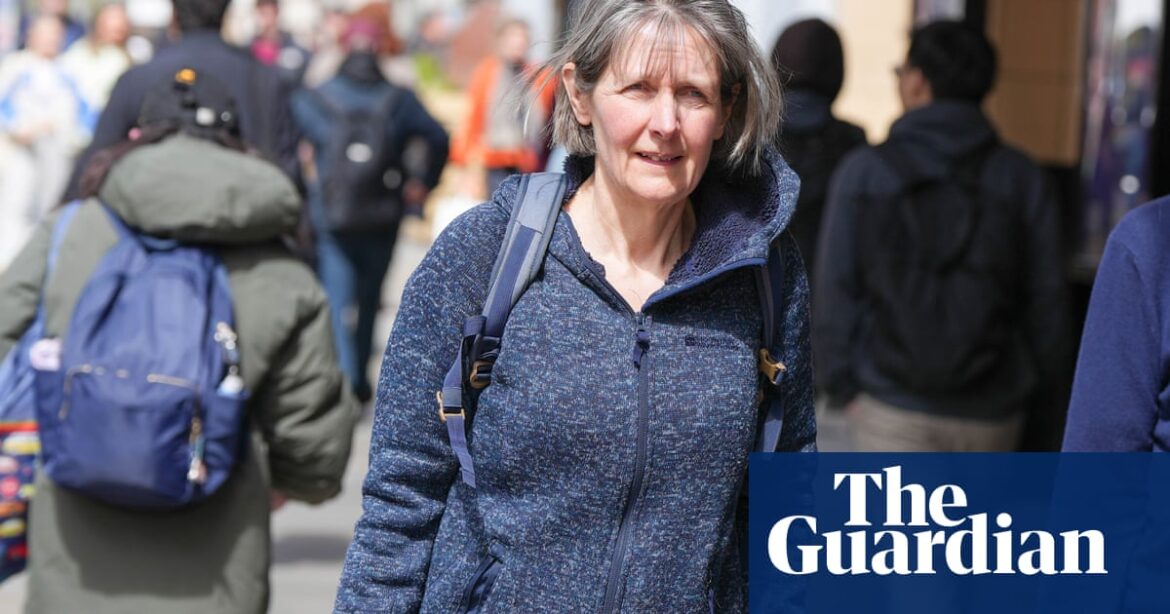
A doctor who went to jail after a series of climate protests has been taken off the medical register for five months – and still faces being permanently struck off.
The Medical Practitioners Tribunal Service (MPTS) – the disciplinary arm of the General Medical Council (GMC) – suspended Dr Sarah Benn on Tuesday, having found last week that her fitness to practise as a doctor had been impaired by reason of misconduct.
Benn was the first of three GPs who could face being struck off for climate activism at disciplinary tribunals this year. She was referred to the MPTS after being found guilty of contempt of court for breaching a civil injunction at Kingsbury oil terminal as part of a Just Stop Oil campaign. This action led to her spending 32 days in prison.
In its decision, the tribunal noted that Benn’s actions did not give rise to concerns about patient safety, and there was evidence that she was an experienced doctor.
But it said there had been “no acknowledgement from Dr Benn that what she has done by breaking the law was wrong and no evidence that she has taken steps to remediate her actions”. And it found there was a “strong likelihood of repetition”, after Benn explicitly said she would continue with her actions.
Her case will be reviewed shortly before the suspension lapses. “They’ve given me essentially five months to offer apologies and regret and an undertaking to not do it again,” Benn told the Guardian. “But I’ve made my position very clear and really nothing is going to be any different in five months’ time.”
“They’ve just kicked the can down the road,” she said.
In its presentation to the tribunal last week, the GMC argued that Benn’s actions risked undermining the public’s trust in and respect for the medical profession. The lawyer Faye Rolfe, representing the organisation, said doctors submitted themselves to the rule of law and should uphold an even higher standard than ordinary citizens.
Benn contested this, telling the tribunal there was no evidence that she had caused patients to lose trust in her as a doctor or the wider public to lose trust in the profession. “It’s complex but we could credit the public with some common sense and integrity, and a desire to find the truth,” she said.
As part of her evidence, Benn submitted a statement by the UN special rapporteur on environmental defenders, Michel Forst, who earlier this year condemned the UK’s crackdown on environmental protest.
Forst said in his statement that developments over the past few months, including the professional tribunals of medical doctors, suggested the situation was deteriorating. “It is important for me to stress that professional sanctions can definitely be considered as a form of penalisation, persecution or harassment,” he said.
Benn, who is now retired, told the tribunal that as a doctor she had a “moral duty to take action”.
“The climate emergency is a health emergency; not a potential future one, but here and now. If I know all this and I choose to stay quiet, I am failing in my obligations. I am breaching the guidance in good medical practice to make my patients’ health my first concern.”
The tribunal acknowledged Benn’s sincere beliefs and said it respected her right to express them. It also said there was a broad spectrum of views among the general public about climate change, and the pace of action needed, and that there would likely be “considerable sympathy” for her concerns.
But it concluded that the “overwhelming majority of the public would not condone breaking the law in the repeated way in which Dr Benn did, especially given the impact, on the final occasion, to the wider public resources involved”.
Benn has received support from medical practitioners and doctors’ organisations. Dr Emma Runswick, the deputy chair of the British Medical Association council, said there was “no possible public or patient interest” in these kinds of proceedings, while the Doctors’ Association UK said it strongly believed that peaceful protest should not be viewed as condemnable professional misconduct “but as commendable public health advocacy”.
During the tribunal, Benn noted that the GMC had recently apologised to gay doctors struck off the medical register because of their sexuality. “In years to come, when events unfold and tipping points tip, and systems unravel, my prediction is that the reputation of those who tried their best to protect patients, the public, and future generations will be enhanced, not reduced,” she said.
Source: theguardian.com



